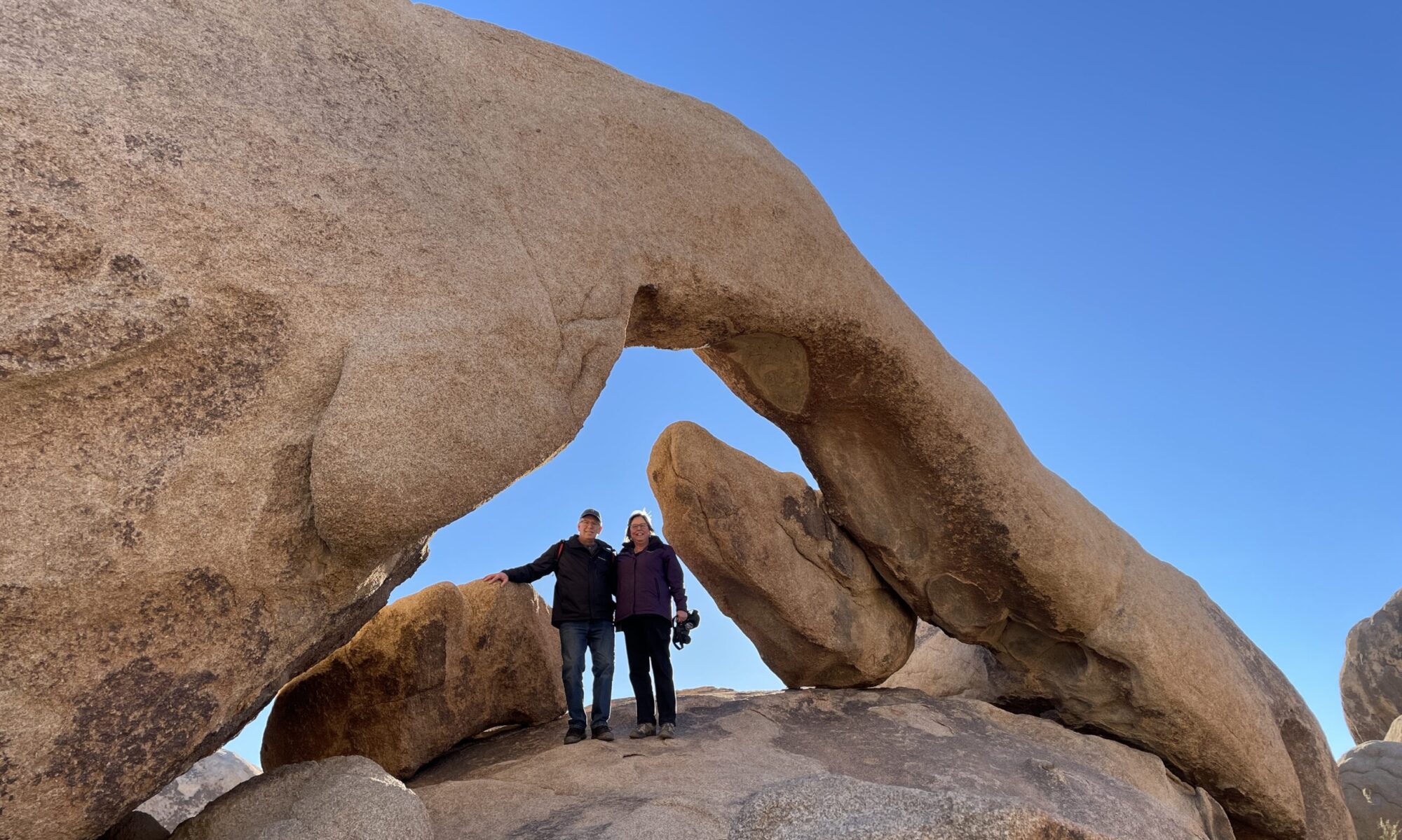
I don’t remember if I gave the opening prayer for the township board meeting or was just attending as an observer and pastor in the community. A man was requesting a zoning change to put in a canoe livery on the local river. He was making an appropriate request and the board members asked him questions about his ownership of the property and the survey he had done for his request. That seemed to go just fine…until it was time for comments from the audience. Another man stood up somewhat agitated. He was the first man’s neighbor.
He spoke against the request and closed his remarks by saying, “I also had a survey done and he doesn’t even own the property!”

I don’t remember how the matter was resolved but have continued to think about what their little river neighborhood was going to be like when they left the meeting.
The two surveys clearly contradicted each other. They were mutually exclusive giving no value to the other. That kind of sounds like the risk in every other conflict we encounter including the acknowledgment of climate change or mistreatment of children and families at our southern border; the Israeli-Palestinian conflict; differing Biblical interpretations; or the Traditionalist-Progressive struggle about inclusiveness for LGBTQ+ sisters and brothers in The United Methodist Church.
What land surveys don’t say is what kind of relationship the parties currently have or could have. How healthy is it? Is it based on justice? What is the power balance? Who has more resources?
Surveys form the basis for plans and expectations and possibilities for what can happen in a relationship, a community, or a situation. Surveys are documented ways of looking at a population or an area and determining its dimensions, resources, and needs.
I appreciate our Bishop David Bard’s comments in a Question and Answer session (unofficial gathering) late one night at this year’s Michigan Annual Conference. He has shared his heart in this conflict and encouraged us to enter the vulnerable space of examining our hearts and the various interests of our sisters and brothers. He said that we are living together in too small of a house and are hurting each other. He feels we need to create space for healing and reflection, and I agree with him.
I write my articles after surveying my faith and our common life together. And you read my articles based on your surveys. These next two surveys by Jesus reveal our needs for peacemaking and compassion and good hard work all of which take place in a world filled with hope and fear.
Jesus surveyed Jerusalem: “As he came near and saw the city, he wept over it, saying, ‘If you, even you, had only recognized on this day the things that make for peace! But now they are hidden from your eyes'” (Luke 19:41-42).
On another occasion, he surveyed the crowds: “When he saw the crowds, he had compassion for them, because they were harassed and helpless, like sheep without a shepherd. Then he said to his disciples, ‘The harvest is plentiful, but the laborers are few; therefore ask the Lord of the harvest to send out laborers into his harvest’” (Matthew 9:36-38).
I know we feel the corrosive effects of violence from racism, menacing policies of leaders, threatening rhetoric, and grossly unjust differences of wealth. Jesus also was subject to these forces in his death on the cross.
See from His head, His hands, His feet,
Sorrow and love flow mingled down!
Did e’er such love and sorrow meet,
Or thorns compose so rich a crown?
(When I Survey the Wondrous Cross)
Sorrow and love mingle for sure but so does anger at the humiliation and disregard for vulnerable people represented in the crown of thorns. We still live in a world that needs saving and healing and restoration and peace. And I am inspired to keep showing up for Church and ministry and life by the words of Adrienne Rich:
My heart is moved by all I cannot save: so much has been destroyed I have to cast my lot with those who age after age, perversely, with no extraordinary power reconstitute the world.
(“Natural Resources” by Adrienne Rich in Household of Freedom by Rev. Dr. Letty Russell)
There are plenty of surveys to consider. What does your survey say about how to live faithfully in our present age?

